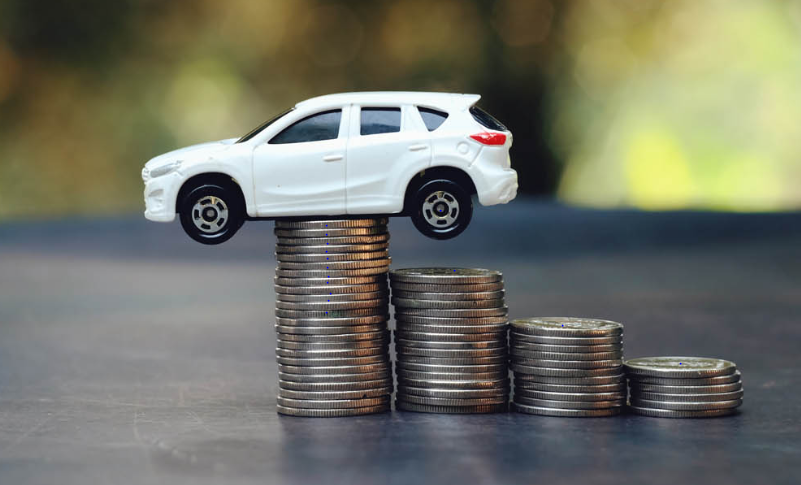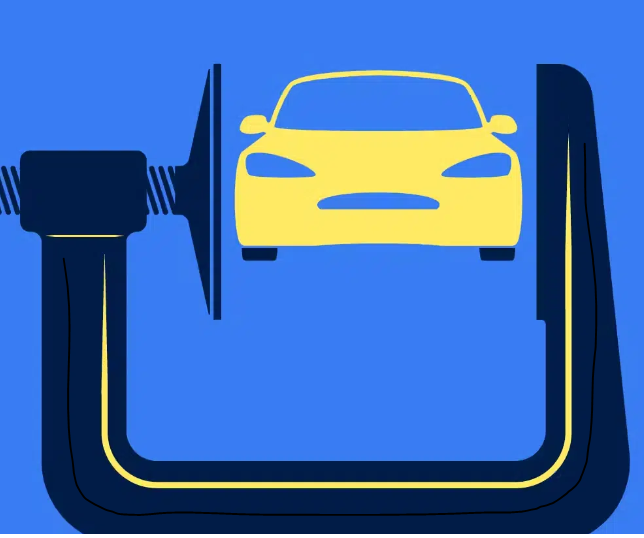When considering financing options for your next vehicle purchase, it’s important to understand the different types of car loans available. Two of the most common options are secured car loans and unsecured car loans. Each option has its own set of advantages and disadvantages, which can impact your interest rates, loan terms, and overall cost.
What is a Secured Car Loan?
A secured car loan is a type of loan where the vehicle you are purchasing acts as collateral for the loan. This means that if you fail to make the necessary payments, the lender has the legal right to repossess the car to recover their losses. Because the loan is secured by the vehicle, lenders tend to offer lower interest rates compared to unsecured loans. Additionally, secured car loans often come with more flexible repayment terms and higher borrowing limits, making them an attractive option for many buyers.
Key Features of Secured Car Loans:
- Collateral Requirement: The car itself serves as collateral for the loan.
- Lower Interest Rates: Lenders typically charge lower rates due to the reduced risk of loss.
- More Favorable Loan Terms: Longer repayment periods and higher loan amounts are often available.
Pros of Secured Car Loans:
- Lower Interest Rates: Since the loan is backed by collateral, lenders offer competitive rates.
- Flexible Terms: With a secured loan, you may be able to negotiate a longer repayment term or better monthly payment structure.
- Easier Approval: If you have a less-than-ideal credit score, a secured loan may be easier to obtain because the vehicle acts as collateral.
Cons of Secured Car Loans:
- Risk of Repossession: If you fail to make payments, the lender can take back the vehicle to recover the loan amount.
- Depreciation Concerns: Cars lose value over time, and the amount owed may exceed the vehicle’s current market value, leading to negative equity.
For individuals with good credit and the ability to make regular payments, a secured loan can be a cost-effective way to finance a car.
What is an Unsecured Car Loan?
An unsecured car loan does not require any collateral. Instead of relying on the car itself as security, the loan is approved based on your creditworthiness and financial stability. Because the lender is assuming more risk, unsecured loans generally come with higher interest rates and stricter approval requirements. However, they offer the advantage of not putting your car at risk if you default on payments.
Key Features of Unsecured Car Loans:
- No Collateral: Unlike secured loans, unsecured loans are not backed by the car.
- Higher Interest Rates: Due to the higher risk, interest rates for unsecured loans are generally higher.
- Tighter Loan Terms: These loans often have shorter repayment periods and stricter credit score requirements.
Pros of Unsecured Car Loans:
- No Risk to Your Car: If you fail to make payments, the lender cannot repossess the vehicle since it’s not used as collateral.
- More Flexibility: You can use the funds for other purposes, including paying for insurance or fees, as long as they’re related to the car purchase.
- No Depreciation Concerns: Since the loan is not tied to the car’s value, you don’t have to worry about the car depreciating faster than you’re paying off the loan.
Cons of Unsecured Car Loans:
- Higher Interest Rates: The lender takes on more risk, leading to higher interest rates.
- More Stringent Requirements: Unsecured loans often come with more rigid credit score and income requirements.
- Smaller Loan Amounts: You may not be able to borrow as much as you would with a secured loan, as the lender has no collateral backing the loan.
For those with excellent credit and a strong financial history, an unsecured loan can be a great option, as long as you are comfortable with the higher interest rates and shorter terms.
Key Differences Between Secured and Unsecured Car Loans
- Collateral Requirement:
- Secured Car Loan: The car serves as collateral for the loan.
- Unsecured Car Loan: No collateral is required; the loan is based on your creditworthiness.
- Interest Rates:
- Secured Car Loan: Typically lower due to reduced risk for the lender.
- Unsecured Car Loan: Higher interest rates to compensate for the increased risk.
- Approval Process:
- Secured Car Loan: Easier to qualify for, especially if you have a poor credit score, as the lender has security in the car.
- Unsecured Car Loan: Harder to qualify for, as it requires a higher credit score and better financial stability.
- Risk of Repossession:
- Secured Car Loan: The lender can repossess the car if you fail to make payments.
- Unsecured Car Loan: No risk of repossession, though the lender can take legal action to recover the loan amount.
- Loan Terms:
- Secured Car Loan: Offers longer repayment periods and larger loan amounts.
- Unsecured Car Loan: Generally has shorter terms and smaller loan amounts.
Which Option Should You Choose?
Choosing between a secured car loan and an unsecured car loan depends on your personal financial situation and preferences. Here are a few factors to consider:
- If you have a good credit score and are confident in your ability to repay the loan, an unsecured car loan might be a better option, as it avoids the risk of repossession and doesn’t tie the loan to the vehicle.
- If you have a lower credit score or are looking for a loan with lower interest rates, a secured car loan may be a better choice. Just be mindful of the risk of repossession if you fail to keep up with payments.
- If you want flexibility in loan amounts and repayment terms, a secured loan is often the better option because of the lower rates and higher borrowing limits.
Ultimately, both secured and unsecured loans offer distinct advantages, and the best option will depend on your credit profile, financial situation, and personal preferences. Make sure to carefully compare interest rates, loan terms, and approval criteria before making your decision.


